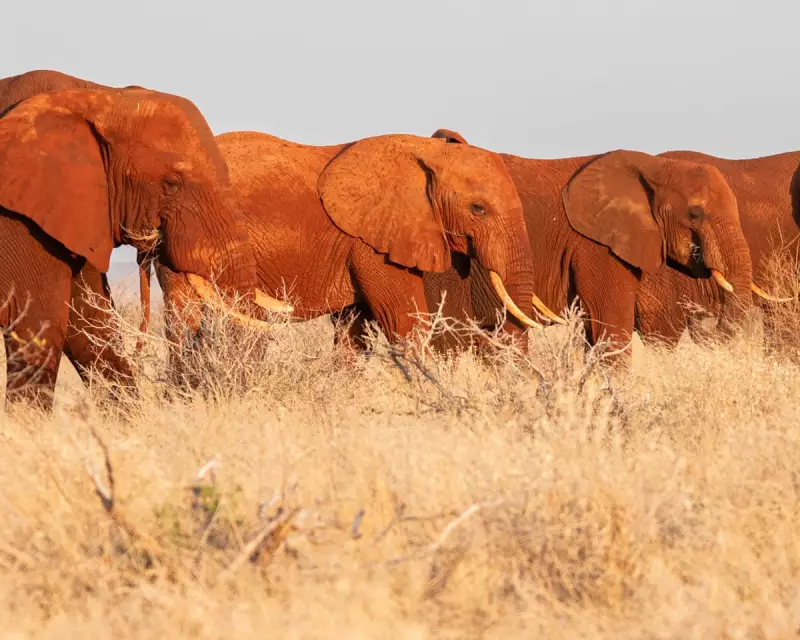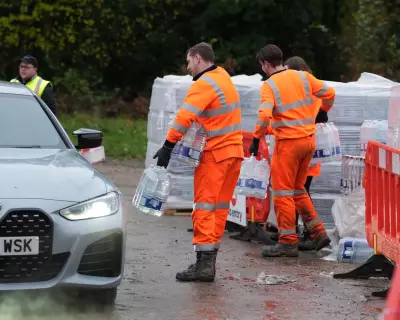
Across the vast landscapes of Africa, ancient elephant migration routes that have guided generations of the majestic creatures for centuries are rapidly disappearing, creating a crisis that threatens both wildlife and human communities.
The Silent Severing of Ancient Pathways
New research has uncovered the alarming scale at which critical elephant corridors have been blocked by human infrastructure and development. These routes, some dating back thousands of years, represent more than just physical pathways—they're living libraries of knowledge passed down through elephant matriarchs to their young.
The consequences of these blocked routes are profound, forcing elephants into increasingly dangerous encounters with human settlements as they search for food, water, and traditional breeding grounds.
When Giants and Humans Collide
As elephants attempt to navigate their fragmented world, conflicts with local communities have escalated dramatically. These encounters often result in:
- Crop destruction that devastates local livelihoods
- Property damage to homes and infrastructure
- Human injuries and occasional fatalities
- Retaliatory killings of elephants
Conservationists warn that this cycle of conflict threatens decades of progress in elephant protection and community relations.
The Knowledge Keepers of the Savannah
Perhaps the most heartbreaking loss is the cultural knowledge disappearing with each blocked route. Elder female elephants, who serve as the living memory of their herds, can no longer lead their families to distant water sources during droughts or to seasonal feeding grounds they've visited their entire lives.
"We're witnessing the slow erosion of elephant culture itself," explains one conservation biologist. "Routes that have been travelled for generations are suddenly dead ends, leaving families disoriented and desperate."
Conservation at a Crossroads
Despite the grim findings, conservation groups are fighting back with innovative solutions:
- Creating wildlife corridors that allow safe passage under or over roads
- Developing early warning systems to alert communities of approaching elephants
- Establishing community-led conservation programmes that benefit local people
- Working with governments to protect critical migration routes in development planning
The challenge remains immense, but conservationists emphasise that protecting these ancient pathways is crucial not just for elephants, but for the entire ecosystem they help maintain.
As one researcher poignantly noted, "When we block an elephant's path, we're not just stopping an animal—we're severing a connection to ancient wisdom that has shaped these landscapes for millennia."





